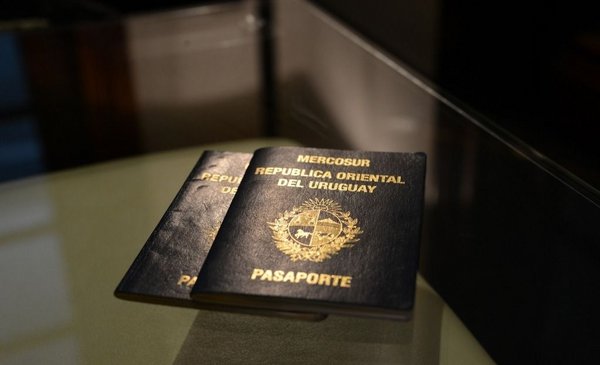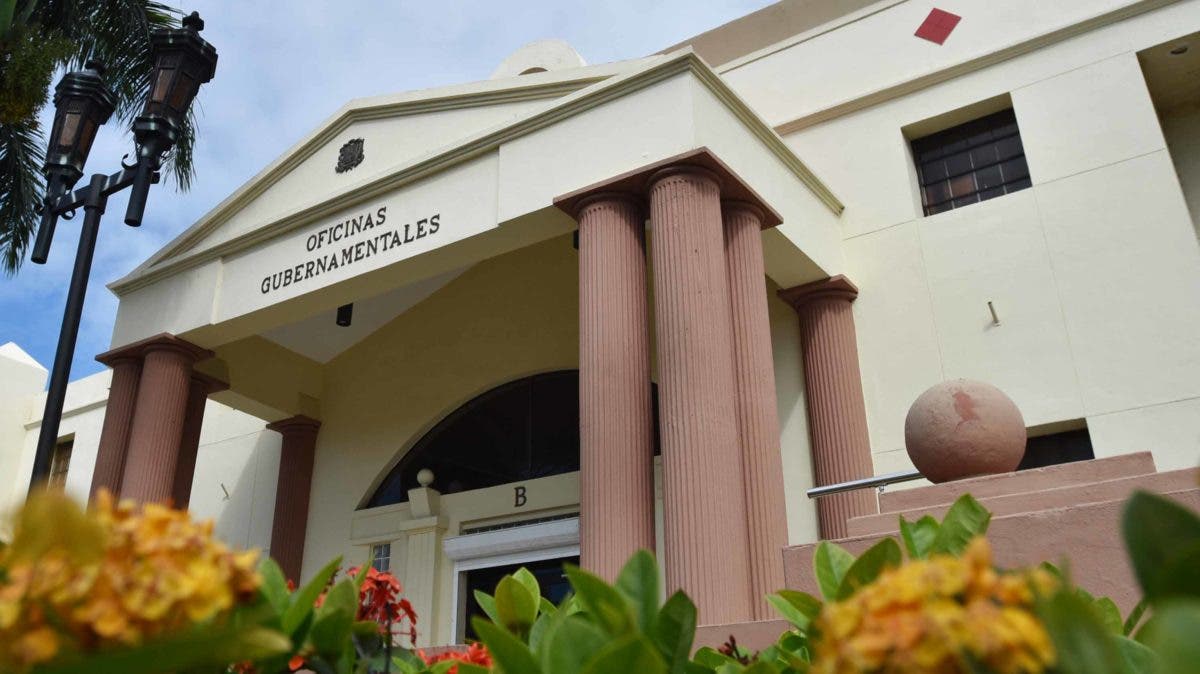For the Broad Front, the 2014 decree that modified the requirements to obtain a Uruguayan passport outside the country not only did it not lower them, but it increased them. The one who had lowered the requirements to obtain a Uruguayan passport abroad had been President Luis Lacalle Herrera in 1993, they point out.
That follows from a report prepared by FA technicians for his caucus of legislators, to whom he had access The Observer.
The document compares decree 167/93, sanctioned during the presidency of Lacalle Herrera, and 129/2014, which replaced it, approved in the government of José Mujica.
The 1993 decree, which was signed by Lacalle Herrera and his Ministers of the Interior and Foreign Affairs, Juan Andrés Ramírez and Sergio Abreu, established that those over 14 years of age who applied for a passport abroad had to account for “his conduct record”.
As stated, such information was collected in a variety of ways, depending on the applicant’s circumstances.
If the person requesting the passport was a citizen registered in the consulate to which he appealed, the “record of conduct” was requested “to the relevant local authorities” or asked for one “testimony” consisting of “the declaration of at least two persons of recognized moral solvency and of knowledge of the consular agent and to the latter’s satisfaction”.
If, on the other hand, the person requesting the passport was not registered in that consular office or had residence in another part of the world, the information was obtained by consulting “the local authorities and the respective Interpol branch, when the Consul deems it pertinent” .
Changes of the Broad Front
The Broad Front decree modified the minimum age for the request for records from 14 to 18 years. “There is no need to explain why the new decree put people over 18 years old”says the report of the technicians of the opposition coalition.
With the regulations approved in the Mujica government, the requirements that are requested are “judicial background information for those over 18 years of age, or failing that, consult the respective Interpol subsidiary or testimonial evidence in which there must be a statement of at least two knowledgeable people.
According to the document of the technicians of the Broad Front, “the Passport Operation instrumented by agreement between the Ministry of the Interior, the National Directorate of Civil Identification and the Ministry of Foreign Affairs always requests judicial records to Scientific Policeprior to printing a passport to be delivered to the Ministry of Foreign Affairs for referral to the respective Consulate.
The Mujica government decree was signed by Vice President Danilo Astori and Ministers Eduardo Bonomi and Luis Almagro.
The report of the technicians of the Broad Front indicates that the decree of Lacalle Herrera had replaced the request for the “old judicial record certificate issued by the former Technical Police” for a report “at the discretion of the consul.”
The person, then, “could be required in the country and obtain a passport.”
That is why it was modified, it is pointed out.
It is also added that the consuls “in most cases” did not request information from the local authorities and that they themselves wrote the passport by hand at the consulate itself.
“The system showed great shortcomings” and it allowed the possibility that “since everything was left to the consul’s discretion, a passport would be issued” to a person who had a record in our country.
“In addition, a passport was delivered in most cases with a relative identity check, since the consulates did not have experts in fingerprinting and everything depended on the person having their identity card in their possession (something rare for those who have lived in the country for years). outside) and check thumb to thumb, which was difficult.”
The discussion about the criteria for obtaining a passport abroad comes after drug trafficker Sebastián Marset received a Uruguayan passport processed by the Dubai consulate in October.
This Saturday The Observer published that the police had begun to collaborate through the DEA in an investigation against Marset for drug trafficking and money laundering in August 2021, two months before the Ministry of the Interior and the Ministry of Foreign Affairs processed and issued the passport.
The general director of the secretariat of the Ministry of the Interior, Luis Calabria, declared in March to El Espectador radio that with the decree of Lacalle Herrera “for the granting of passports, the background had to be presented, it was not limited to national or international background.”
“In 2014, the government of former President Mujica made that more flexible and only records were required in Uruguay.”
Calabria stated that the authorities of the Broad Front “flexible” the requirements requested.
Meanwhile, the Minister of Foreign Affairs, Francisco Bustillo, said this Friday that Marset managed to obtain his freedom by virtue of the fact that the passport process abroad according to current regulations was an “imperfect” mechanism.
For this reason, the Foreign Ministry and the Interior are working on a new modification of the decree.







